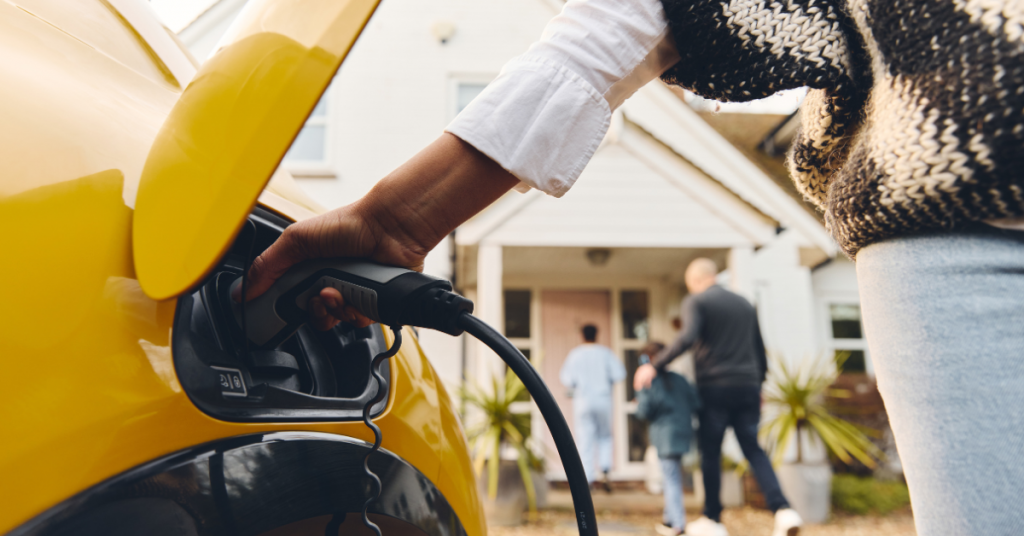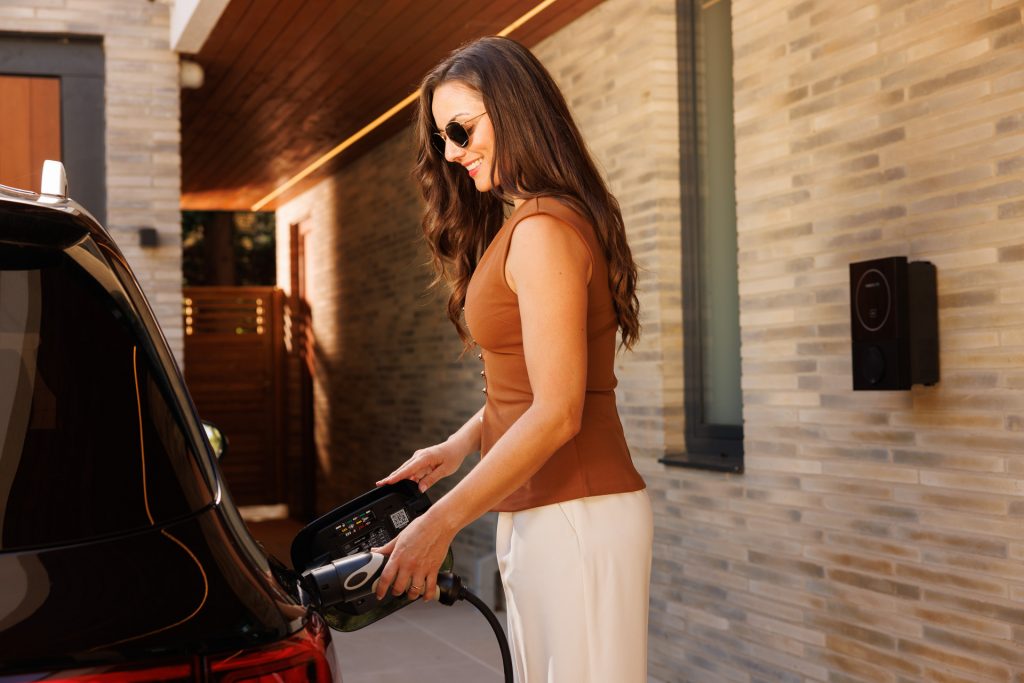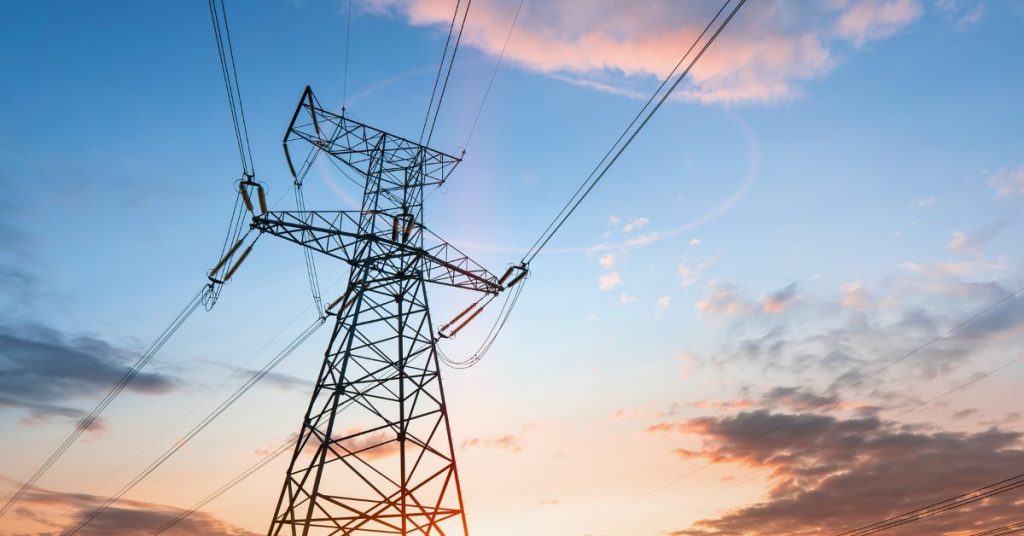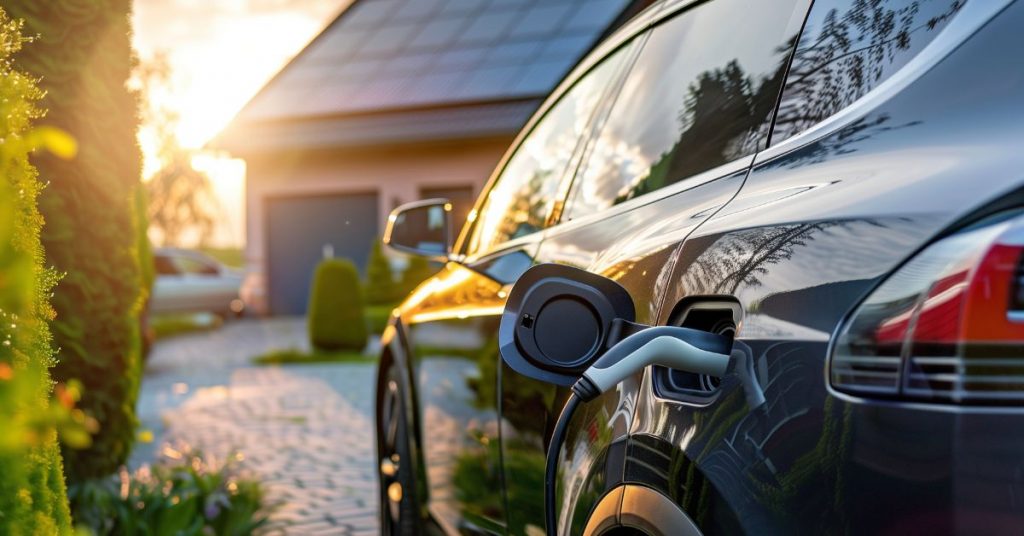
If you’ve investigated owning an EV, you’ve probably heard that one of the secret weapons is home charging. But chargers aren’t cheap. Prices range from £400 to over £1,000, which might seem like a lot when you’ve probably already spent tens of thousands on the car itself. But even at the most expensive end of the range, there are plenty of reasons why if you can get home charging, you really should. Here are the main ones to consider.
The True Cost of Charging
The most obvious benefit from having a home EV charger is that the domestic rate for electricity is much cheaper than the public one. Public charging can be as much as £1 per kWh, although some is more reasonable, with an average of 76p per kWh for rapid DC devices (50kW or above) in the UK. In contrast, the average home electricity rate at the time of writing was 26p per kWh. It doesn’t help that public chargers pay the full 20% VAT, while home supplies are taxed at just 5%.
But even greater savings can be had with a smart overnight tariff. Energy usage is lower at night when people are asleep, but renewable energy supplies like wind will still be producing and some power plant types are very inefficient if you keep turning them off and on. To use up the surplus, energy companies incentivise charging your EV overnight with much cheaper rates. The cheapest at the time of writing was 5p per kWh from Fuse Energy, while Octopus Intelligent Go offers 7p per kWh.
Charging at home even without an overnight tariff will still save you 50p per kWh compared to the public average. British drivers do 7,000 miles a year, with EVs typically managing around 3.5 miles per kWh, so you will save as much as £1,000 a year if you exclusively charged with a home charger. That means your £1,000 charger would pay for itself in 12 months. Get a cheap overnight tariff and you could save around £1,400 a year, so it would only take even less time – around 9 months.
A less obviously financial incentive is the convenience. With fossil fuel, we’re used to going somewhere to replenish our tanks. But if you have a home charger, you just plug it in when you get home and wake up in the morning to a car with its full range. Since it takes less than a minute to plug in, there’s a lot of time saving to consider as well. This is still true if you use the 13A plug-in charger that came with your car. However, this will deliver a maximum of 3kW and probably can’t fully recharge your car during one overnight session, but a 7.4kW wall box probably will.

Grants and Property Value
It’s also worth noting that the list price of a charger might not be what you end up having to pay. You will need to factor in the installation costs, which can cost £500 to £1,000. However, if you own or rent your house or flat and have off-street parking, the OZEV grant is available for 75% of the cost of buying and installing your charger, up to a maximum of £350. The installer must make the application for you, and you must own or lease a compatible electric vehicle. You will receive an email taking you to an online eligibility check after the application. Once the grant has been approved, you will have up to 90 days to have your charger installed. After installation, the installer then receives the payment directly, deducting it from your installation invoice. Note that the current OZEV scheme is set to end on 31st March 2026, although there may be a new scheme after that.
Because of the savings available from home charging and the growing market share of EVs, having a charger installed already could increase the value of your home. Even if you take your charger with you when you move, the wiring will remain and can be reused, and all the work ensuring your supply is sufficiently powerful (such as the DNO check) has already been done. Maybe the cost of all this isn’t huge compared to the overall house value, but it could help make the sale because it’s one less thing an EV owning buyer needs to do. Some estimates have put the increase in property value at between £3,000 and £5,000, and there’s also a boost in income if you rent the property out.
Why A Home EV Charger Is A Smart Investment
It may seem like yet another optional expense but installing an EV charger in your home is an incredibly smart investment for any EV owner. The benefits will easily outweigh the costs. With an overnight electricity tariff, you could be driving for a few pence a mile. Then there’s the convenience of waking up to your vehicle with its full range, ready to go, no need to travel to factor in a trip to a refuelling station.
Adding an EV charger to your home not only will enhance its value, but also future proofs it for you and subsequent owners. If you choose a cutting edge charger with smart capabilities, such as the Humax MX7, you’re also adding the first cornerstone of an efficient home energy system, working seamlessly with the other electrified systems – heat pump, domestic battery, and solar. You could even start using your car to power your home in the future or earn money balancing the grid. If you have the option to install an EV charger at home, it’s a no brainer.


